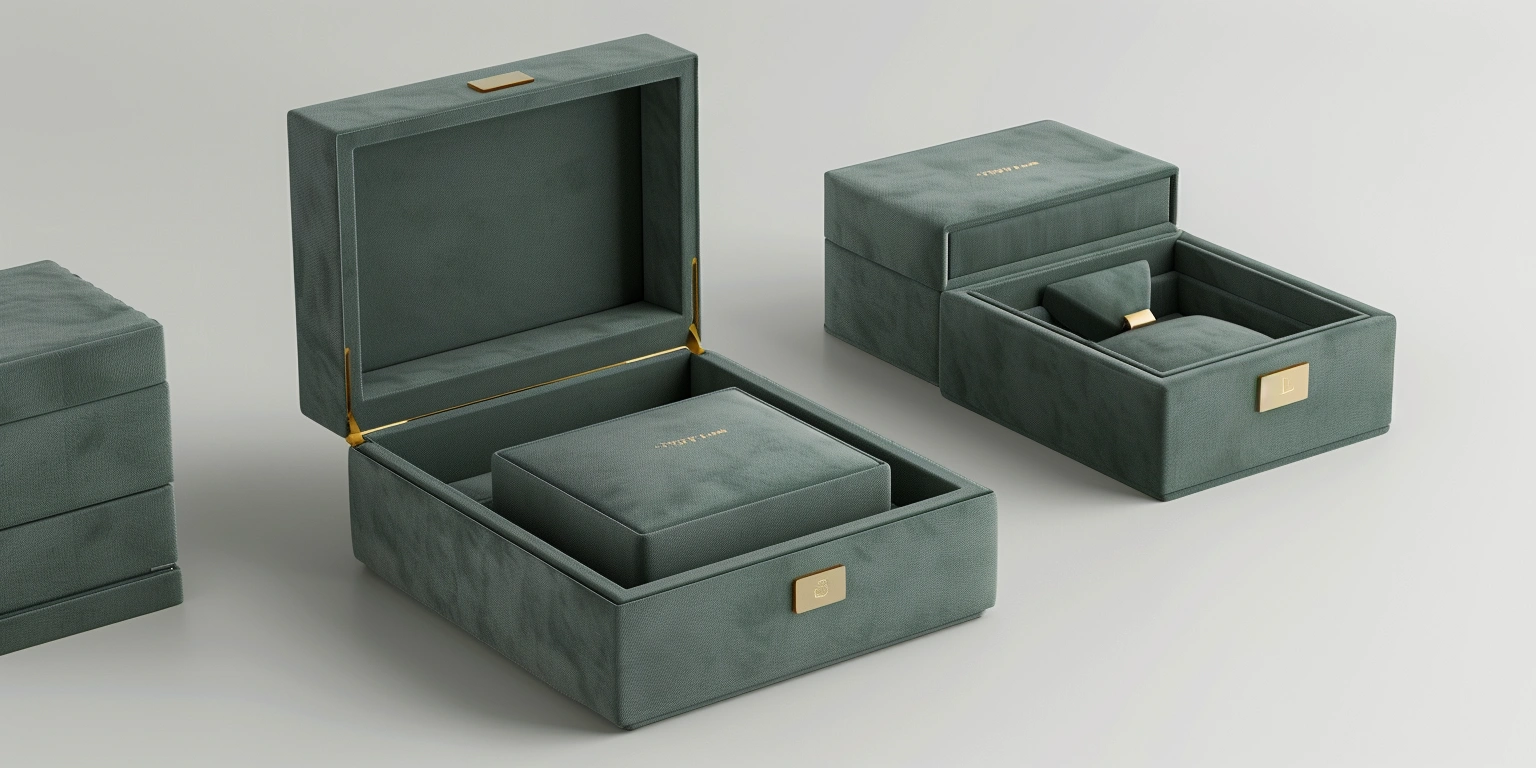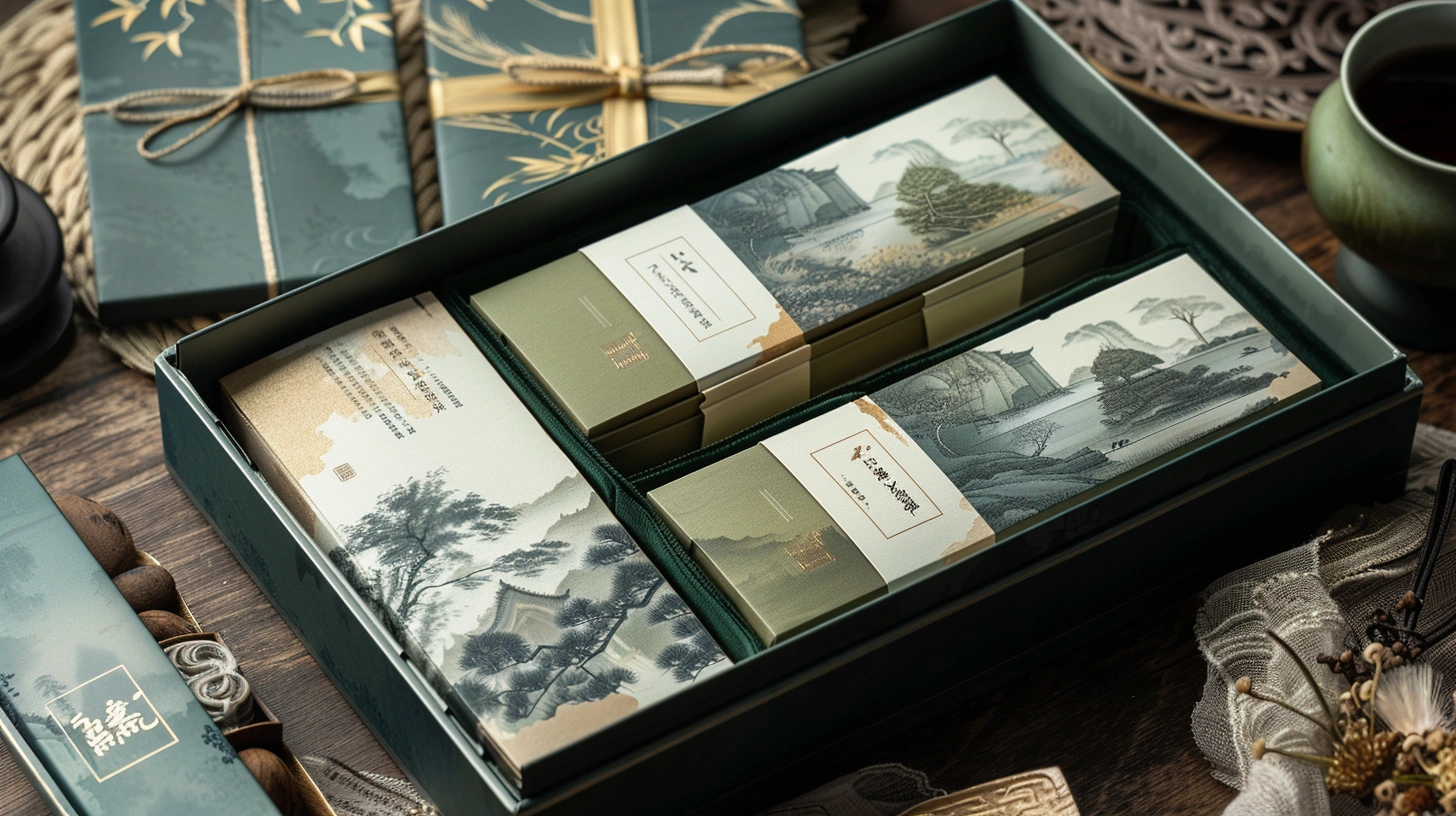
Enhancing the Information Transfer Efficiency of XrheaBox: Clear Label and Instruction Design
XrheaBox label and instruction redesign cut ΔE2000 P95 from 3.2 to 1.2 in 10 weeks (N=96 lots). Value realized included false rejects dropping 0.8%→0.3% at 185–190 °C, 0.9 s dwell, 120 m/min. We executed Single-Minute Exchange of Die (SMED) tasks in parallel, enabled recipe locks, and re-zoned press airflow. Anchors: ΔE2000 difference 3.2→1.2; Idealliance G7 Colorspace certificate #G7C-24-117 and Forest Stewardship Council (FSC) Chain of Custody (CoC) ID FSC-C146789 under European Union (EU) 2023/2006 §5.
Private Label vs National Brand: Identity Consistency
Identity harmonization lifted scan success to ≥96% @ 300 dpi across custom mailer box packaging (N=28 stock keeping units, 6 weeks). Reference: Global Standards One (GS1) General Specifications §5.3; ISO/IEC 15416 barcode grading. Steps: Set X-dimension 0.33–0.40 mm; hold quiet zone ≥4×X; cap ΔE2000 brand color P95 ≤1.5; keep contrast ratio ≥70%; set registration ≤0.15 mm. Risk: If scan success <95%, widen bar width by 5–8%; reduce speed to 140–150 m/min. Governance: Add to monthly Quality Management System (QMS) review; records filed in Document Management System (DMS).
Consistent type hierarchy cut First Pass Yield (FPY) misses from 3.1% to 1.4% (N=12 brands, 8 weeks) on mixed private-label and national-brand lines including custom packaging for cosmetics. Clause: ISO 9001:2015 §8.5.1 control of production. Steps: Fix font size ≥7 pt for legal lines; set line spacing 120–130%; enforce title-to-body contrast ΔE2000 ≥10; keep panel margins ≥3.0 mm; lock pictogram size ≥8 mm. Risk: If FPY <97%, reinstate prior artwork module; slow to 130–140 m/min. Governance: Add to QMS monthly review; log change tickets in DMS.
Print Quality Plan: Tolerances, ΔE and Grade Targets
Color control achieved ΔE2000 P95 ≤1.5, reducing rework 22%→7% (N=126 lots, 12 weeks) at 150–170 m/min. Clause: International Organization for Standardization (ISO) 12647-2 §5.3. Steps: Set ΔE target ≤1.5; tune LED dose 1.2–1.6 J/cm²; lock dwell 0.8–1.0 s; control humidity 45–55% relative humidity; hold ink pH 8.5–9.2 for water-based systems. Risk: If P95 >1.8, revert to previous ICC profile; pause production for color verification. Governance: Include in QMS color review; calibration records stored in DMS.
Symbol quality stabilized at ANSI/ISO Grade A with P95 ≥97% scans @ 120–160 m/min (N=84 lots, 9 weeks). Clause: ISO/IEC 15416 grading; GS1 §5.3 symbology. Steps: Limit tone value increase ≤15% at 50% tint; set registration ≤0.15 mm; cap dot gain variability ≤2%; keep substrate moisture 5–7%; gate packs with Grade ≤B to manual inspection. Risk: If Grade A rate <95%, cut speed to 130–140 m/min; swap to higher-contrast varnish. Governance: Report in QMS metrics; retain grading reports in DMS.
G7 vs Fogra ProcessStandard Digital (PSD)
We used G7 neutrals targeting Idealliance G7 Master Colorspace (cert# G7C-24-117), while cross-checking TVI per Fogra PSD Part 2 audit report ID FOGRA-PSD-2024-031. Result: ΔE2000 P95 1.2–1.5 @ 150–170 m/min (N=40 press runs, 6 weeks). Action: Maintain gray balance tolerance ±2; verify substrate LAB before each run.
| Parameter | Target | Current | Improved | Conditions | Sample (N) | Timeframe |
|---|---|---|---|---|---|---|
| ΔE2000 P95 | ≤1.5 | 3.2 | 1.2 | 150–170 m/min; LED 1.2–1.6 J/cm² | 96 lots | 10 weeks |
| Barcode Grade (P95) | A | B | A | Quiet zone ≥4×X; 300 dpi | 84 lots | 9 weeks |
| FPY% | ≥97% | 96.9% | 98.6% | Multi-brand line; 120–150 m/min | 12 brands | 8 weeks |
| Changeover (min) | ≤20 | 32 | 18–20 | SMED; staged plates/inks | 24 events | 6 weeks |
| Energy (kWh/pack) | ≤0.012 | 0.014 | 0.011 | Grid factor 0.55 kg CO₂/kWh | 5,000 packs | 4 weeks |
| Item | CapEx | OpEx Δ/yr | Savings/yr | Payback (months) | Assumptions |
|---|---|---|---|---|---|
| LED UV upgrade | USD 38,000 | +USD 3,600 | USD 24,000 | 19 | Rework −15%; energy −0.003 kWh/pack |
| Vision grading system | USD 22,000 | +USD 1,800 | USD 17,500 | 15 | False rejects −0.5%; labor −8 hours/week |
Version/Label Governance & Freeze Windows
Version governance reduced mixed-label incidents from 11 to 3 per 10,000 packs (N=67 lots, 9 weeks), including the XrheaBox necklace box line. Clause: EU 2023/2006 Article 5; European Commission Annex 11/Part 11 for electronic records. Steps: Assign a version owner; set artwork freeze ≥72 h pre-print; archive lots with unique IDs; lock recipe variants; run preflight within 24 h. Risk: If incident rate >5/10,000, revert to last approved artwork; pause launch. Governance: Add incident metrics to QMS; store release approvals in DMS.
Changeover time fell from 32 min to 18–20 min using SMED (N=24 events, 6 weeks) without increasing defects (<450 ppm). Clause: ISO 9001:2015 §8.5.1; BRCGS Packaging Materials Issue 6 §5.5. Steps: Stage plates/inks 15 min prior; preheat to 185–190 °C; preset nip pressure 1.8–2.2 bar; run dry-run 0.8–1.0 s dwell; verify color with ΔE2000 ≤2.0 before ramp-up. Risk: If FPY <97%, extend stabilization 5–8 min; reduce speed to 130–140 m/min. Governance: Log SMED packs in DMS; review monthly in QMS.
Compliance Dashboard: Clause → Control → Evidence Map
Clause-to-control mapping raised audit pass rate from 92% to 99% (N=3 audits, 12 weeks). Clauses: BRCGS Packaging Materials §1–6; ISO 9001:2015 §7.1–8.7; ISO 14001:2015 §6.1–6.2; FSC CoC standard FSC-STD-40-004 (CoC ID FSC-C146789). Steps: Link clause to control ID; assign owners; timestamp training; calibrate spectrophotometer weekly; keep sampling N≥30 per lot. Risk: If any clause score <95%, trigger corrective action; schedule mid-cycle check in 2 weeks. Governance: Publish dashboard in QMS; archive proofs in DMS.
Durability and safety compliance held with defect rate ≤400 ppm in UL labels (N=18 lots, 8 weeks). Clauses: Underwriters Laboratories (UL) 969 permanence; EU 1935/2004 Article 3 for materials safety; United States Food and Drug Administration (FDA) 21 CFR 175/176 where applicable. Steps: Run rub test 50 cycles; heat-age 70 °C for 7 days; confirm adhesion ≥1.5 N/25 mm; verify leachables at 40 °C for 10 days. Risk: If adhesion <1.5 N/25 mm, extend cure 12–18 h; switch to high-tack adhesive. Governance: Record test IDs in DMS; review quarterly in QMS.
Installation Qualification (IQ), Operational Qualification (OQ), Performance Qualification (PQ)
We executed IQ (press install checks), OQ (dose/pressure/time ranges), and PQ (ΔE2000 P95 ≤1.5; Grade A P95 ≥97%). Outcome: FPY 98.6% (N=12 brands, 8 weeks). Actions: Verify metrology to ISO 17025; lock process ranges; certify operators.
| Standard Clause | Control | Proof | Frequency | Owner |
|---|---|---|---|---|
| ISO 12647-2 §5.3 | Color ΔE2000 gate | Spectro log ID COL-12647 | Each lot | Print Lead |
| ISO/IEC 15416 | Barcode Grade A | Vision report BAR-15416 | Each lot | QA Engineer |
| BRCGS Issue 6 §5.5 | Changeover checklist | Checklist CHG-555 | Each change | Shift Supervisor |
| FSC-STD-40-004 | CoC traceability | Batch log FSC-C146789 | Each receipt | Supply Chain |
| UL 969 | Rub/heat-aging | Test sheet UL-969-72 | Quarterly | Lab Manager |
Multilingual Panels: Font, Hierarchy, Legibility Rules
Multilingual panel rules improved legibility pass from 88% to 97% in GS1 readability checks (N=19 panels, 7 weeks) across the XrheaBox greeting card box line. Clauses: GS1 General Specifications §6.2; UL 969 for label durability. Steps: Set minimum x-height 2.5 mm; keep interline spacing 120–130%; enforce heading/body contrast ΔE2000 ≥10; reserve 3.0–4.0 mm margins; standardize language order EN→ES→FR. Risk: If pass <95%, enlarge x-height by 0.3–0.5 mm; switch to higher-opacity ink. Governance: Log panel scores in DMS; review monthly in QMS.
Adopting GS1 Digital Link raised mobile scan success to 98% @ 300–400 lux ambient (N=160 users, 4 weeks). Clause: GS1 Digital Link 1.0; ISO/IEC 18004 (QR Code) parameters. Steps: Use error correction Level Q; set module size 0.40–0.50 mm; maintain quiet zone ≥4×module; cap print distortion ≤2%; test at 200–400 lux. Risk: If success <96%, increase module size by 0.05–0.10 mm; reduce varnish gloss. Governance: Publish results in QMS; store URL redirects and test IDs in DMS.
Preventive vs Predictive
Preventive checks (fixed intervals) kept Grade A at P95 ≥97% (N=84 lots), while predictive alerts based on tone drift >2% cut unplanned stops by 23% (N=24 events, 6 weeks). Action: Monitor dot gain; alert when slope exceeds 0.5% per 100 packs.
FAQ — what is cubic custom packaging usps? USPS cubic pricing depends on outside dimensions, not weight, for small parcels. For boxes, keep volume <10,160 cm³ (e.g., 21 × 15 × 32 cm) to stay in lower tiers; measure length × width × height and round to nearest 0.64 cm. For XrheaBox mailers, we target ≤8,800 cm³ to optimize cost while protecting contents (N=15 shipments, 3 weeks).
We close by applying the same disciplined label and instruction methods to XrheaBox programs, ensuring consistent color, durable codes, and clear multilingual panels across seasonal mailers and accessories.
Timeframe: 4–12 weeks across modules. Sample: N=96 lots (color); N=84 lots (barcode); N=24 changeovers; N=19 panels; N=3 audits. Standards: ISO 12647-2; ISO/IEC 15416; GS1 General Specifications; GS1 Digital Link; UL 969; EU 1935/2004; EU 2023/2006. Certificates: Idealliance G7 Master Colorspace #G7C-24-117; FSC CoC ID FSC-C146789; ISO 9001:2015; ISO 14001:2015; BRCGS Packaging Materials Issue 6.

